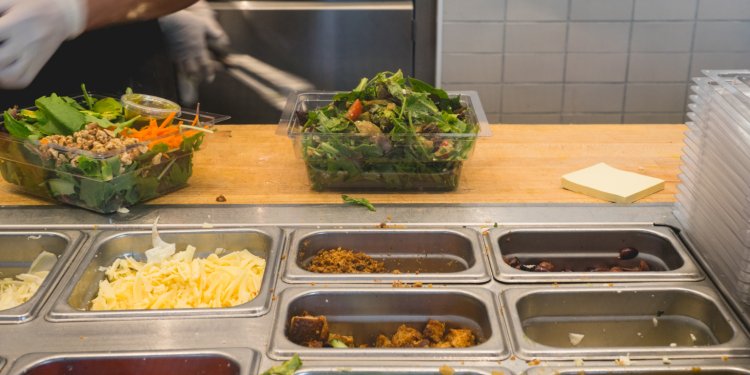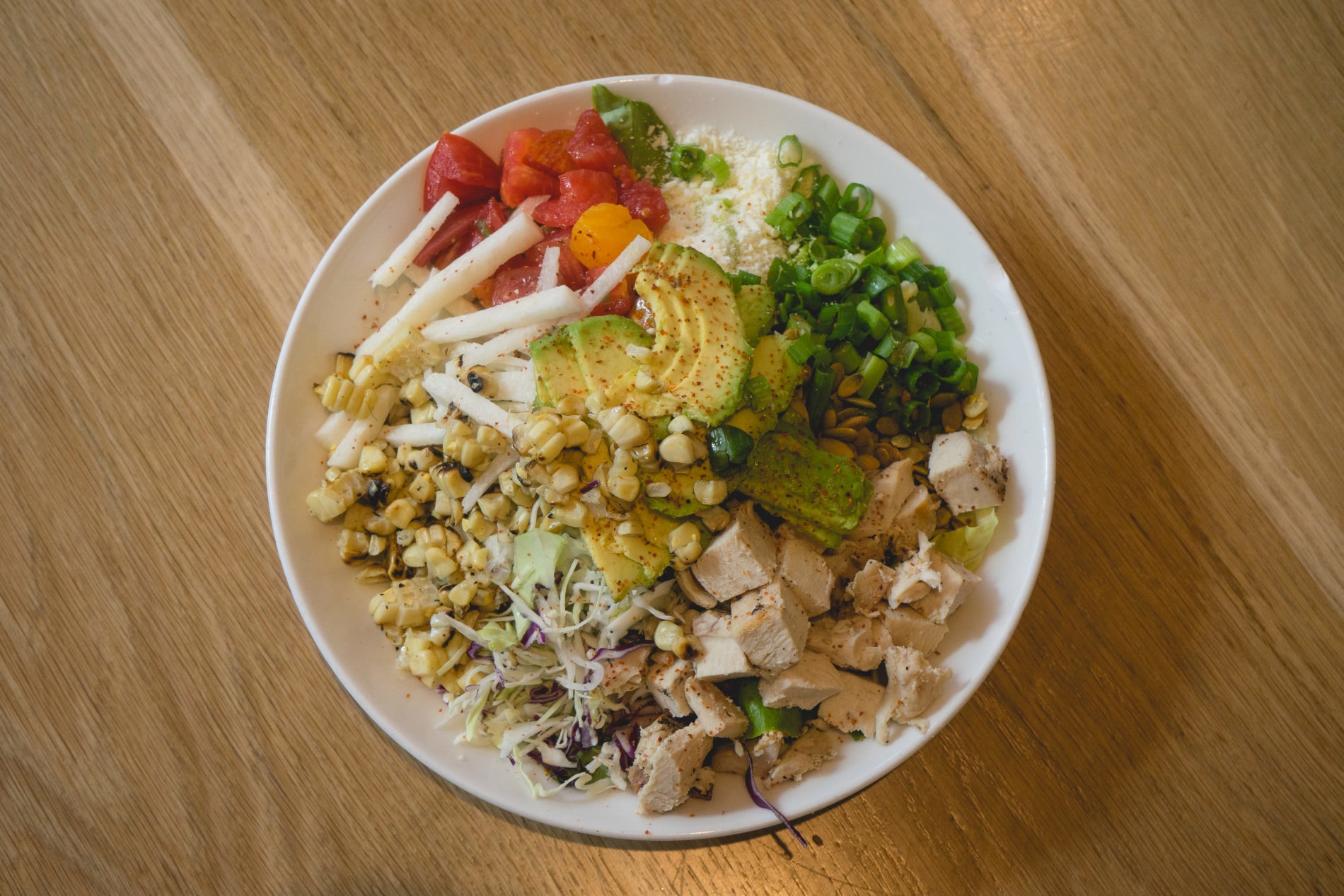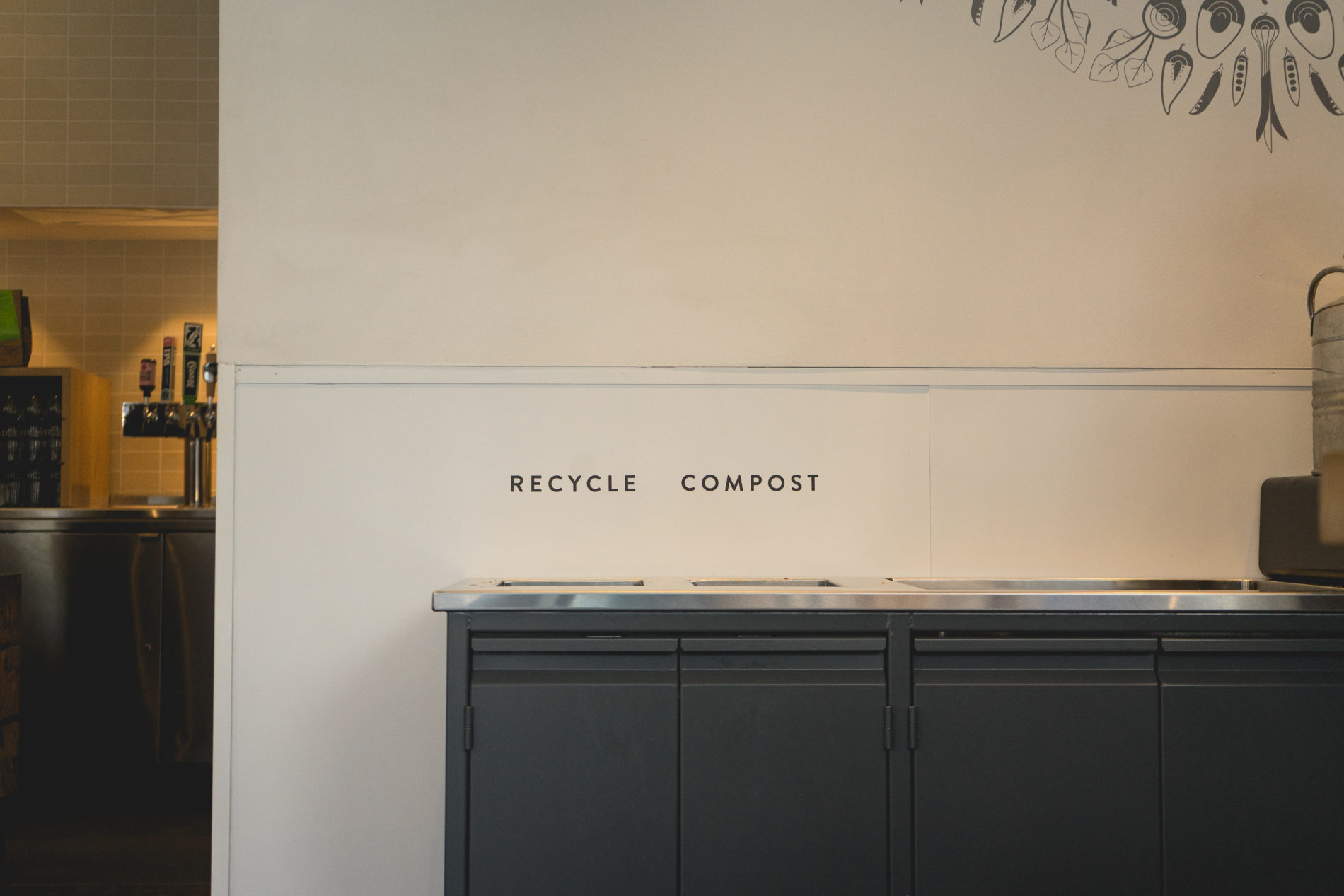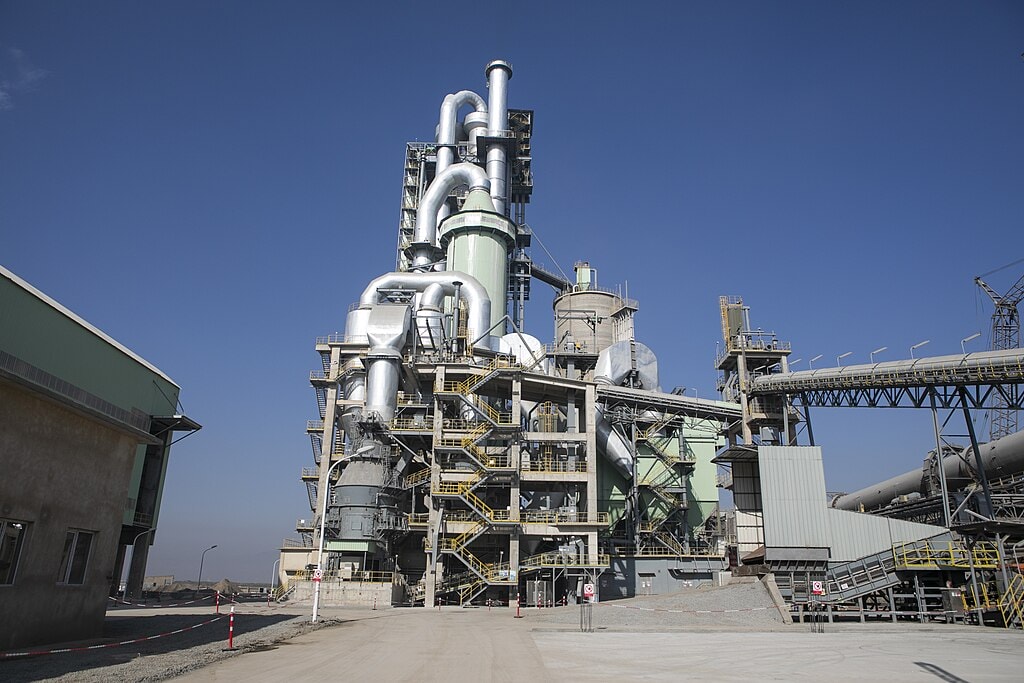Mixt Greens is a California salad restaurant that touts itself as the “OG salad joint”. Walk into one of their locations and you can choose from a diverse salad bar any items to make your own salad or pick an already determined salad to be freshly made in front of you. Known for fresh and organic ingredients, the business has long championed for education and awareness around food sustainability.
Started in 2005 in San Francisco, when “going green” was just entering people’s vocabulary, Mixt has now become a staple during the lunch hour for a healthy yet tasty option. Leslie Silverglide, CEO and Co-Founder of the company, says it all began with the goal of “starting a business that didn’t make people compromise.”
She went into the business assuming that 99% of people wouldn’t care that the company was environmental but wanted really good food. Instead of compromising on environmental values, Leslie realized that there didn’t have to be a sacrifice of quality. By sourcing only from local suppliers that deliver daily, Mixt is able to have the freshest and highest quality ingredients which really lends to the “really good food” expectation.
Because the salad ingredients are picked up one day, on the truck the next, and then on customers’ plates the day after, the food is at its most natural. Leslie and Mixt believe that by removing processes that force vegetables to have a longer shelf life, the produce that goes into every salad is what gives every dish high quality taste.
One of their summer seasonal salads: Elote salad with grilled corn and cotija cheese. Photo by Alexander Dou
This refusal to compromise blends into every aspect of the company’s operations. They’re always looking at their impact at every aspect of operations: landfill diversion, where food is sourced, and energy and water usage levels at the restaurants.
“Being environmental does impact cost margins but you save cost elsewhere. You can optimize labor schedule and find other ways to run the restaurant,” stated Leslie.
At one point, the company switched from using recyclable boxes for their to-go salads to compostable in hopes that they could further make their restaurants sustainable. They were proud to be one of the first restaurants to use 100% compostable packaging. However, because of the lack of knowledge around correct composting and recycling, customers were accidentally throwing some of the compostable containers into the recycling bins, completely polluting that recycling line.
In every Mixt location, there are recycling and compost bins for customers to use. Photo by Alexander Dou
After looking at data with Recology, a California recycling/compost/trash collection company, Mixt determined they may be doing more harm than good with customer accidents. So they switched back to recyclable boxes to ensure that more items are thrown away correctly, based on the current level of societal understanding.
Leslie believes that education is the next tool in gaining more environmental and sustainable awareness. “When we started, we were on a highway all by ourselves. Biggest changes I’ve seen is that it’s become so important to people to research and understand what they’re eating. It’s become fun.”
The movement around sustainable food has been expanding and the desire to know how food is sourced is increasing. However, it’s still a luxury cause to champion, though not any less worthy. Access to fresh produce is still an issue in a lot of low income areas, with food deserts still a big problem in this country.
Leslie’s suggested solution is to not give up – keep on trying, making sure the educational opportunities are out there and to keep having conversations around food sustainability. In tandem, someone needs to change what is available and accessible. In the meantime, Mixt will continue to produce high quality food in hopes that the way to the heart is truly through the stomach.













